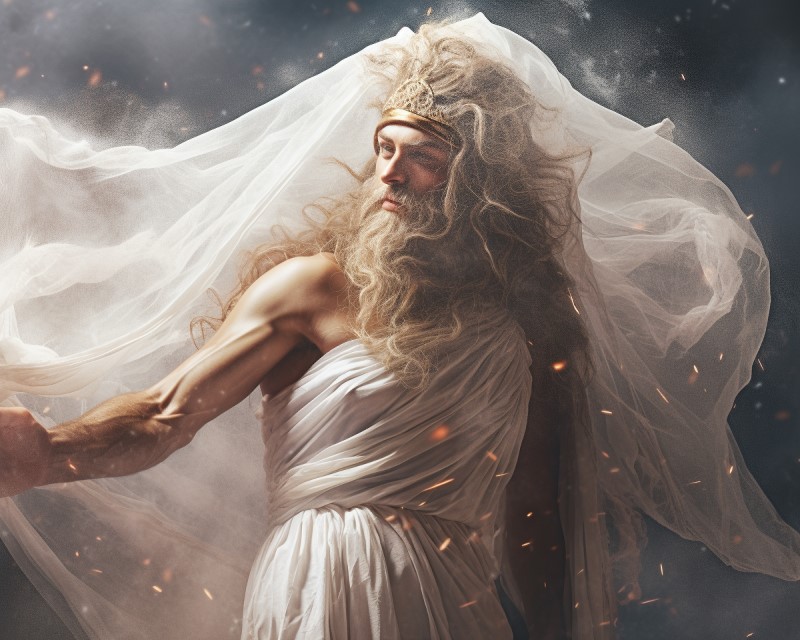KidZone Geography: Norse Mythology
Loki and the Magic Hammer
In the lands of the North, where the mighty Vikings once roamed, there were tales of gods and goddesses, of heroes and monsters, that were whispered by the fireside under the glow of the Northern Lights. One such tale is of Loki, the god of mischief, whose pranks and tricks were as legendary as the gods themselves. This is the story of "Loki and the Magical Hammer," a tale filled with adventure, trickery, and the power of friendship.

In the heart of Asgard, the realm of the gods, stood a magnificent hall where Odin, the Allfather, and his fellow gods resided. The hall was a spectacle of Viking splendor, with towering columns carved from the mightiest oaks, and walls adorned with shields and banners, each telling tales of valor and glory.
Loki, with his fiery red hair and eyes gleaming with mischief, was always up to some trick. But one prank went too far, leading to the disappearance of Thor's mighty hammer, Mjölnir. This was no ordinary hammer; it was a symbol of strength and protection, its thunderous power capable of guarding Asgard from giants and monsters.
Thor, the god of thunder, with his flowing red beard and muscles as strong as the mountains, was furious upon discovering his hammer was missing. "Loki!" he bellowed, his voice like thunder rolling across the skies, "This must be your doing! Return my hammer at once!"
Loki, realizing the gravity of his mischief, knew he had to set things right. He donned a cloak of many colors, shimmering like the Northern Lights, and set off on a quest to retrieve Mjölnir. His journey took him to the realm of the giants, a land of towering mountains and deep, dark forests where the trees reached up to touch the stars.
In the heart of this realm, Loki found the giant Thrym, who had taken the hammer to claim Freyja, the goddess of love and beauty, as his bride. Thrym's hall was a sight to behold, built of massive stones, each one larger than the mightiest Viking longship. Inside, the giant sat upon a throne of bones, a crown of icicles upon his head, his laughter rumbling like distant avalanches.
Loki, with his silver tongue, devised a cunning plan. He returned to Asgard and convinced Thor to disguise himself as Freyja, with a veil of shimmering starlight and a dress spun from the golden rays of dawn. Together, they returned to the giant's hall, Thor's thunderous steps carefully softened by the delicate shoes of disguise.

Thrym, deceived by the disguise, welcomed them with a feast where mountains of food were served on platters as wide as the sea, and rivers of mead flowed freely. But when Thrym lifted the veil to kiss his bride, he found Thor's glaring eyes instead of Freyja's gentle gaze. In a flash, Thor seized Mjölnir, and with a mighty roar, banished the giants, his hammer crackling with lightning and thunder.
The gods returned to Asgard, their hall once again resounding with laughter and tales of adventure. Loki's prank, though troublesome, had led to a grand adventure, teaching him the value of friendship and the consequences of mischief.